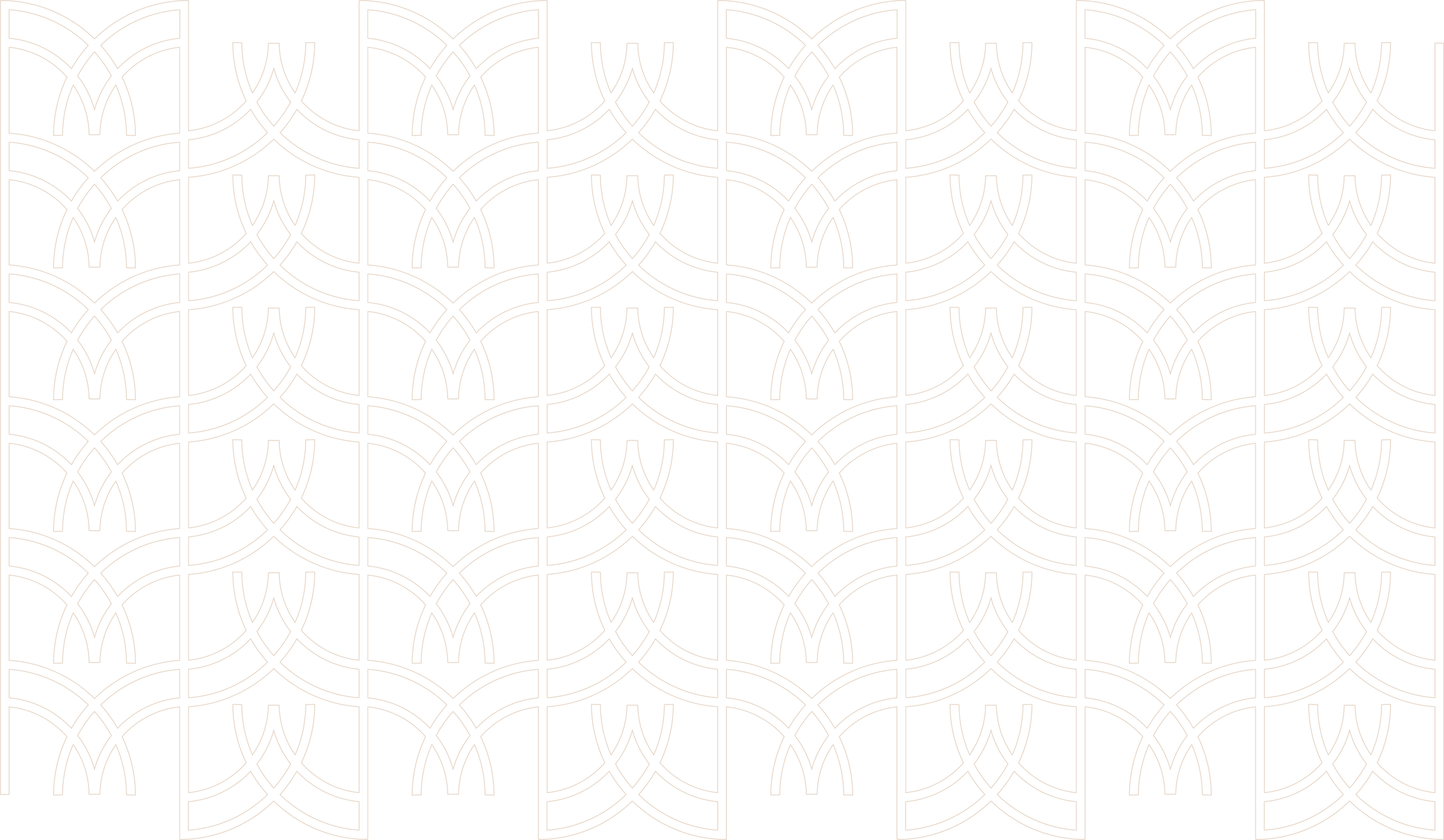Gender Reveals and Gender Diversity with Karleen Pendleton Jiménez

Whether you are walking down the grocery store aisle, sitting in your doctor’s waiting room or at Babies-R-Us you get the predictable question “What are you having??” the instant people see your bump. But why are people still asking this question? We have become increasingly more aware of the issues with gender binary. Gender reveals continue to perpetuate this binary and categorize individuals before they have even entered the world. These reveals are based on the assigned sex of a child at birth, which then leads to assumptions about gender. Sex refers to biological differences and gender focuses on the socially constructed roles of masculine and feminine characteristics.
Although opinions may have changed, a survey in 2010 asked participants that if they could take a pink or blue pill to choose the gender of their child, 18% said yes. There is a societal pressure for expecting parents to find out the gender of their unborn child and this has been exemplified by social media and popularity of gender reveals.
Gender reveals were started by Jenna Karvundis as a way for her to celebrate her pregnancy with her family and was as simple as the icing on the inside of the cake being pink when she cut into it. However, recent over extravagant gender reveals have resulted in deaths and irreversible damage to the environment. Karvundis herself spoke out in 2020 in Facebook post saying "Stop having these stupid parties. For the love of God, stop burning things down to tell everyone about your kid's penis.”
We sat down and had an IGTV live with Karleen Pendleton Jiménez where we talked all things gender- including gender diversity, gender reveals and how we can shift our mindset when discussing gender. Head to this link to watch the full interview and read below a more in-depth look at our conversation.

Karleen Pendleton Jiménez is the author of Lambda Literary Awards finalists Are You a Boy or a Girl? and How to Get a Girl Pregnant, as well as Tomboys and Other Gender Heroes and numerous short stories and essays. She wrote the award-winning animated film Tomboy, and has been recognized by the American Library Association and the Vice Versa Awards for Excellence in the Gay and Lesbian Press. She teaches education, gender, and social justice at Trent University. She is white and Mexican, originally from Los Angeles, currently living in Toronto with her partner and daughter.
1. How has your journey influenced your desire to educate people and pursue gender studies?
Growing up I experienced the joy of being a tomboy with my pack of friends (all boys), but I also heard the whispered questions around me, “Is that a boy or a girl?”, “Why is she wearing boys’ clothes,” “Do you think she’s a lesbian?”. I knew I was doing gender the “wrong” way but no amount of pink-sweater-wearing made me appear any less masculine. This taught me early on that I was marked in a way that drew the attention of others, in both good and bad ways. On the one hand, some people have said hurtful things to me or thrown stuff at me, on the other many have viewed my butch appearance as an indicator of pride and confidence that they admire. Because I wanted to learn more about why my gender looked and felt different than more conventional appearances, and also why it has drawn so much attention from others, I wanted to study gender and talk with people. I have also wanted to help make a place where gender diverse people would not be subject to rejection or harm, and teaching has been a way to do this.
2. What has been one of your favourite parts of being a professor and educating others?
Grading papers. Lol. Just kidding.
But truly, being able to support students, especially those who feel like outsiders for many different reasons, often the big ones: (racism, sexism, homophobia, transphobia, religious intolerance, sizeism, classism, ableism). There are those moments when you know you’ve helped to make a place in the classroom safe enough for people to find and share their stories, to recognize the value of their own words, and you see them shine. You wonder about all of the experiences that have created them, and all of the powerful things they will do with their lives.
3. What inspired you to write this book and your other novels?
This one summer when I was a kid, they tore up our street to put in sidewalks. The cars were unable to do their usual speeding by us, and the kids took over and turned the dirt into a muddy, wonderland. There is something spectacular and empowering about taking over the street at any age, like during protests or pride, or even neighbourhood pedestrian zones. I think it’s especially important for kids to have moments of feeling powerful, after enduring long days of grown-ups of all sorts ordering them around.
It is also an ode to my grandma, an incredible woman who told me stories nonstop from when she was a kid. She had immigrated to San Francisco from Mexico, fleeing the revolution. She filled me with her stories and we adored each other. Related to this, I found it infuriating that while I grew up in a very Mexican community in Los Angeles, we were not given any history about Chicana/o/xs in our schooling, nor about the place I grew up. I wanted to write a book that brought our stories to print and hopefully into kids’ hands in the classroom.
I was also following up from an earlier children’s picture book that I wrote Are You a Boy or a Girl? where I highlighted the way the protagonist faced continuing questions about her gender from other kids. I wanted to try to show more of this story at an older age, to dig into both the adventures and difficulties of being a tomboy.
And there are many more issues I highlight in the book, because in my experience intersectionality is part of life: other topics include fat phobia, mental health, grief, classism, colonialism, mixed-race experience, relationships with family, friends, and land.
4. You recently released The Street Belongs to Us, a book for middle-school aged children. Why do you think it is important for youth to have access to novels that cover topics similar to your novel?
I also will be forever grateful to Leslie Feinberg and their books who gave me a history about people who feel transgender. Knowing that there have always been people like me throughout history makes me feel like I am real and legitimate and come from a long line of proud and strong butches.
5. Do you have a favourite passage or moment in the novel?
“Look at them,” I say.
“Look at what?”
“Oh, come on, can’t you see how big my chest has gotten?” “Oh, huh. I hadn’t noticed,” he says, staring more closely at me. “I can see that one.” He points at the right nipple.
“Jeez, don’t point.”
“Oh, sorry,” he says, lowering his finger. “Hey, how come one’s bigger than the other?”
“I don’t know!”
“I didn’t mean to make you mad,” he says. “I was just curious.”
“I know, it’s okay,” I say. “I wish I knew more about what’s happening to me.”
“Well, it’s probably fine,” he says. “They probably just grow when they’re ready. I was reading about orangutan development during lactation and they say that—”
“I’m not an orangutan, Wolf.”
“Yeah, I know, but they’re primates like us, and there might be some facts that are helpful.” He stops talking when he sees I have my hands over my face.
“Wolf, I don’t know what I am. If I’m a girl or a boy? If I’ll be a woman or, or, a man or what!”
“So?”
“Well, these are coming.” I point to my chest. “And then I won’t be able to hide them, and I’ll have to be a woman.”
“That doesn’t make sense,” he says. “We’re animals. Some animals are boys or girls and some aren’t. And some change. It’s not such a big deal. Like seahorses, when they want to have babies—”
“Wolf, it might not be a big deal to animals, but it’s a big deal to people.”
“Oh, yeah, you could be right.” He nods.
“What am I going to do?” I ask.
“Hmm, I’m not very good with people, so I don’t know what to say about them.” He pauses to consider the situation. “But I don’t think a chest growing big automatically makes you a woman. It must be up to you. If you decide to be a guy, then your chest, whatever it looks like, will be a guy’s chest because it’s yours. And if you decide to be a woman, well, then logically, it’s the opposite.”
“Really?”
“Yeah, I think so,” he says. “Scientifically, it would be impossible for someone outside of your body to know what your body feels like inside. You’re the only one that would have access to that data. I could find a library in Long Beach and try to get some more material on it, though.”
“Oh yeah? I’d really like that,” I say, standing up and brushing bits of leaves and dirt off my pants. (pp. 188-190)
I love this passage because the protagonist’s friend Wolf comes up with a very straight-forward, naïve understanding of gender, that is, unbeknownst to him, incredibly supportive, accepting and radical. It represents a deep level of acceptance about gender diversity that probably took me 40 plus years to find. But you know, I think it is often kids that can figure this stuff out because they haven’t had as many years learning to submit to all of the social rules.
6. Why do you enjoy writing?
 Writing is my art. I love the state of flow when the words spill out. I also am drawn to the challenge of trying to write to connect with people. When you read someone’s book, it seems like you’re right there inside their mind, and the closeness feels very meaningful to me. As well, writing is another important tool, like teaching, for working toward social change.
Writing is my art. I love the state of flow when the words spill out. I also am drawn to the challenge of trying to write to connect with people. When you read someone’s book, it seems like you’re right there inside their mind, and the closeness feels very meaningful to me. As well, writing is another important tool, like teaching, for working toward social change.
7. Gender reveals have become increasingly popular in recent years and children are taught early on to categorize, especially when it comes to gender. How would you like to see this mindset shift in the future?
You never really know what gender the kid is going to be until they are walking the earth and can tell you. Maybe you start to get some idea around 2-3 when they begin asserting what clothing they want to wear and what toys they wish to play with, but it may take many years before they land on something certain, if ever.
I would think gender reveal parties start, from even before birth, to pressure the kid on how to think about their gender. When I did research with about 600 kids in schools about gender, many of them (straight, cis, queer, trans) described being teased or harassed for not doing gender correctly (sometimes it is a one-off situation like joining a sports team or listening to a particular singer, and sometimes it is persistent like how they walk), and felt shame for not being better at it. Before that I thought it was more of a queer experience to feel like you weren’t doing gender right, but this research taught me that this feeling is happening for most everyone. The shift I’d love to see is for people to back off from pressuring people to perform gender in some mythical “correct” way. I think a whole lot of people would feel happier and better about themselves and less stressed out.
8. Do you have any words of wisdom to share with someone who is struggling, perhaps feeling gender atypical or questioning their sexuality?
You’re beautiful queer life. People like you have always existed in every culture around the world. There are times when you will feel hurt by the way you are treated by others, but there are also times when you wear something or do something or love someone that feels so perfect that you will feel absolute joy. Gender and sexuality are often about what make us feel comfortable and happy, full of life, and powerful. If you’re questioning yourself I think it means you’re already willing to question social norms that try to block you from your own happiness. You’re willing to go for it. Nothing, of course, is ever easy, but you are worth your own truth. You don’t have to decide quickly. Take your time. There are community resources and support groups, virtual and in-person to help you. There are YouTube and TikTok, full of rich knowledge and conversation about gender diversity. You don’t have to be alone in this.

9. What do you want people to walk away with after reading your book?
Enjoyment.
10. With June being Pride Month, can you share with us how you identify with queerness and your personal identity?
For sure. I’ve been out since 1990. Since that time there have been many words that speak to identities I feel. I came out within a Chicana lesbian university community. I learned the word butch then and thought that it best described the way I feel as a combination of man and woman. I still feel like it’s the best word. I think it also represents a history of being a proud and confident queer person. I like the way it feels. I also identify as a lesbian and as transgender.
Links to Karleen's books
- The Street Belongs to Us
- Tomboys and Other Gender Heroes
- How to Get a Girl Pregnant
- Are You a Boy or a Girl?

Check our Karleen's website to keep up with her work!
In our conversation with Karleen we wanted to emphasize that it is great to celebrate and be passionate about gender, but we have to ensure we aren't missing the children's voices through this process. It may be better to have a celebration of gender when that individual is ready to affirm their gender to everyone else. The gender diversity movement is beginning with children and it is becoming more common to have parents be open with fluid gender expression and recognize “That’s what makes my kid happy” regardless of how the child is presenting themself to society. Karleen highlighted that as a parent the best thing you can do for your child is be supportive, because with your support they will feel the safest.
Recently we have seen the rise in introducing ourselves with pronouns- which Karleen reiterated is important to do so but all depends on context and shouldn’t be required. Sharing your pronouns with others can help create a safe environment and avoids assuming one’s gender. However, it is often the people who need this support that may not be ready to share their pronouns yet. So we should never require, but acknowledge if you’re comfortable doing so to please share.
Being supportive is the bottom line when it comes to gender diversity and acceptance
- Bring your community together to have open and honest conversations
- There is an abundance of educational resources that can help you understand gender diversity further and help you be supportive for others
If you are still looking for a special way to celebrate your pregnancy with close friends and family consider hosting a Due Date reveal party, you can even spice it up and call it a Birthstone or Zodiac Sign reveal party. This party is a great way to share your journey with others, but isn’t built upon outdated gender assumptions.



Leave a comment